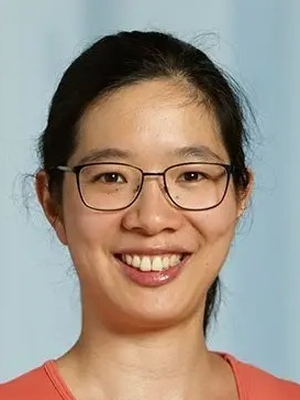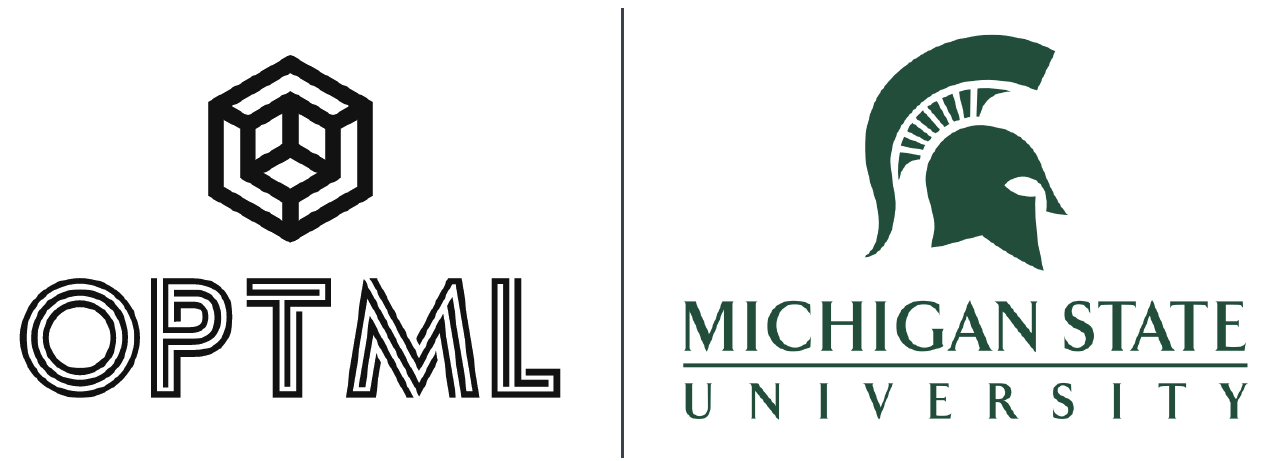
The Conference on Parsimony and Learning (CPAL) is an annual research conference focused on addressing the parsimonious, low dimensional structures that prevail in machine learning, signal processing, optimization, and beyond. We are interested in theories, algorithms, applications, hardware and systems, as well as scientific foundations for learning with parsimony.
Register for CPAL: March 23rd–26th, 2026
We are pleased to announce the Third Conference on Parsimony and Learning, to be hosted by the ELLIS Institute Tübingen, in conjunction with the Max Planck Institute for Intelligent Systems and the Tübingen AI Center.
All CPAL attendees are required to register. See the registration page for details about available tickets and costs.
Conference Accommodations
CPAL 2026 is pleased to offer a limited number of hotel rooms at special conference rates. See the relevant travel page for registration details. Be sure to submit your information before 16 February 2026, as the number of rooms available is limited.
Keynote Speakers

Francis Bach
INRIA - École Normale Supérieure

Matthias Bethge
University of Tübingen

Niao He
ETH Zurich

Andreas Krause
ETH Zurich

Bernhard Schölkopf
Max Planck Institute for Intelligent Systems / ELLIS Institute Tübingen

Taiji Suzuki
University of Tokyo / RIKEN AIP

Jared Tanner
University of Oxford

Leena Chennuru Vankadara
University College London

Fanny Yang
ETH Zurich





